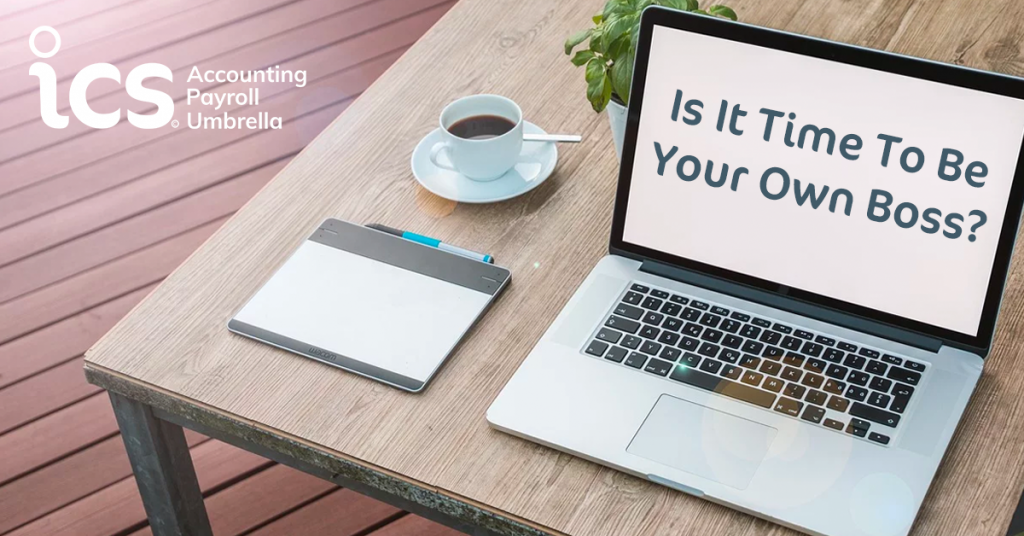Research carried out by the CIPD has found that 49% of UK workers are in roles unsuitable for their skill sets (either over- or under-qualified). This is prolific but not necessarily surprising. The UK has a highly skilled workforce with 42% of us being educated to higher education degree level yet, as a nation, we have a relatively large proportion of jobs requiring no qualification at all. This has meant that many graduates fall into low-paid roles out of necessity.
Adding to this wasted potential is the recruitment process in many industries. How many times have you seen “previous experience necessary” or “minimum of 3 years in industry” on a job advert? With these barriers to entry placed in the way of degree-level roles, and the ever increasing cost of living, skilled workers are left with very little options to pursue their career paths without putting in years of work in an underpaid, over-skilled role. Add to this the fact that degrees are often used as the first stage of filtering applications, workers of all levels are missing out on suitable opportunities.
As bleak as this may seem, there is one career route that is growing in popularity and now makes up over 15% of the UK workforce and that is self-employment.
Starting up on your own isn’t for everyone, it requires an entrepreneurial spirit and an ability to look at the bigger picture. There are increased responsibilities such as filing returns with HMRC and managing your own time/workload/health but if you can master these you’ll be rewarded with increased flexibility, freedom to choose the work you undertake and increased financial rewards.
Before embarking on your own, there are some considerations you need to think about:
- Skills – Do you have the necessary skills to do the work? Are those skills in demand? If the answer to either is no, you might be wise to wait and undertake further training before setting up a business.
- Money – Do you have the money necessary to start a business, market your services and support your current lifestyle? If not, can you change your current outgoings significantly enough or are you better off saving up for a little longer?
- Location – Is there a pool of potential clients in your vicinity? Can you work remotely or do you need to meet people face-to-face? Will you work from a home office or look at co-working spaces or a permanent office space?
- Clients – Do you know anyone who could be a potential client? How will you ensure you have regular work? What differentiates you from the competition?
- Price – How much do you value your skills/time at? What rate is the minimum you can charge without impacting your lifestyle? What pricing structure will you use?
Once you’ve given these some serious thought and decided you’re ready to take the plunge, it’s time to start creating your business! To be successful it is important to have a clear picture of who you are, what you can do and the value you bring to your clients. You can visualise this in any number of ways but a basic SWOT analysis is a good place to start, plotting your internal and external strengths and weaknesses to identify your market position and USP.
Once you can clearly see your value proposition, it’s time to start thinking about your brand including your company name, logo, brand colours, imagery and tagline. To do this you’ll need to utilise your creativity and business acumen but don’t forget; one of the most useful skills the self-employed can possess is knowing when to outsource, and there are plenty of skilled marketing consultants out there who can lend a hand. It is also increasingly important to have an online presence whether through social media channels or a dedicated website, luckily these are either free or relatively low cost and thanks to drag-and-drop builders such as Wix, Squarespace and Weebly building a website is a much easier and cheaper process than it used to be.
Finally, the nitty-gritty. As previously mentioned, running a business comes with increased responsibilities. You need to write up contracts, send invoices, track your expenses, calculate tax liabilities and submit returns to HMRC. This can be time-consuming for an otherwise busy director, especially in the early stages of your business whilst you’re out networking, signing up new clients and undertaking work for your existing clientele. Cloud accounting software is a no-brainer for small business owners as it streamlines your business finances and can be used on the move (a majority now comes with a dedicated app), but a specialist accountant is also highly recommended. Working alongside an expert means you can rest assured you’re complying with the latest HMRC legislation such as IR35 and won’t miss key filing deadlines which could result in fines!
If you’d like to hear more about setting up on your own, or how a contractor accountant can help, call our friendly team on 0800 195 3750 or email newbusiness@icsuk.com and we’ll be happy to help!
Further Reading:
10 Reasons Why You Should Go Freelance – SpotAHome
Almost A Third Of Graduates ‘Overeducated’ For Their Job – BBC News




















